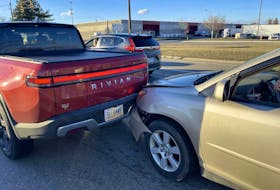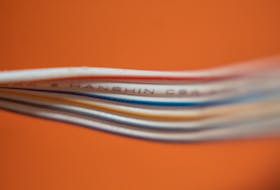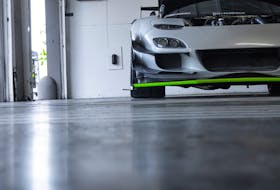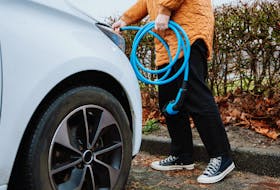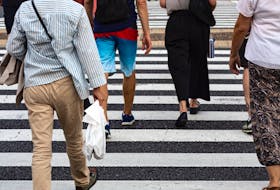DWD (driving while distracted) has become one of, if not the, most significant traffic safety issue.
Driving is a mental and visual exercise. If we are not paying attention, our brain will not process what our eyes report seeing.
Our eyes gather information and pass it along to the brain for interpretation.
Based on a number of factors, principal among them experience, the brain separates out the inconsequential details from those pertinent to driving.
As issues arise that require driver input, the brain sends a message to the appropriate nerves and muscles and we turn the wheel, apply the brakes, etcetera.
The eyes may well see something of importance, but if the brain is occupied elsewhere, the information passed on by the eyes does not get through.
While cell phones get all the attention, they are only the latest and most obvious form of driver distraction. It’s not the cell phone per se, but the act of looking at the info on the screen, changing a radio station, adjusting the temperature, eating, applying makeup, checking your hair in the mirror and fiddling with the navigation system that require taking your eyes off the road.
Other issues include the distraction of conversations, whether that be whoever is on that phone call, or with occupants in the vehicle.
Don’t for a second think that using the hands-free option solves the problem.
Your mind is still occupied on something other than driving. The level of distraction grows in direct proportion to the depth of that conversation. Fussy or unhappy children in the rear seat are another distraction.
Research shows that all of these issues contribute to the toll of crashes, injuries and deaths.
A study conducted in Washington, D.C., revealed eating to be the most common form of distraction in that city with 65 per cent of drivers admitting to eating while driving and 58 per cent admitted talking on the cell phone.
A distant third in that particular survey was applying makeup while driving — 25 per cent of the 600 respondents did so.
Closer to home, a study by researchers at Memorial University in Newfoundland proved what parents have known all along — loud noise is distracting, increasing reaction time and affecting decision-making abilities. The findings indicated reaction time increased by up to 20 per cent depending on the noise level — a critical delay in decision-making and action.
The AAA Foundation for traffic Safety, in a national survey of more than 2,500 adult drivers, revealed that distracted driving is top of mind. Fully 87 per cent of those surveyed rated text-messaging or emailing while driving as a very serious threat to their safety, placing it only slightly behind drinking and driving (90 per cent). But 18 per cent of the same respondents admitted to having texted while driving in the previous month.
A study on the impact of distraction on driving by The Highway Safety Research Center at the University of North Carolina showed that “Drivers are exposed to some form of distraction for one-seventh of the time their vehicles are moving ... Distractions were clearly associated with decreased driving performance, as measured by higher levels of no hands on the steering wheel, eyes directed inside rather than outside the vehicle, and lane wanderings or encroachments.”
A survey in England revealed that having children in the car is the biggest distraction for U.K. drivers. A whopping 31 per cent of those surveyed said they were most distracted by “squabbling offspring” with comments from backseat drivers coming in a close second for 28 per cent of drivers.
Driver distraction can be described as mental distraction — your mind being occupied with something other than the job at hand — driving.



